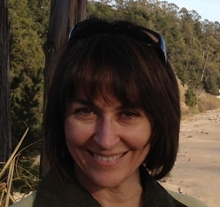With all the attention that the sciences have received in recent years, now humanities educators say they need to defend the relevance of their field. A new report outlines their argument, which underscores the importance of preparing for a "career," not just a job, and being a good communicator across multiple cultures and fields. Accurate measurement of learning and clear, actionable feedback have ever been a problem in these fields, as anyone who has fled them can attest. Perhaps the reformers could start there. How many students have felt their humanities courses required the skill of "reading the professor's mind"? This perception stems from the lack of transparent or clearly defined learning objectives and grading standards, and these are practices every educator should cultivate.
In the meantime, more colleges are claiming they can "roll their own" MOOCs, from the Midwest to Australia. The Australians seem to be capturing the promise of offering low-cost alternatives--courses with assessments. The Americans continue to talk a lot about protecting faculty control and IP, the ever vexing problem of assessment, and student data privacy. What is interesting to me, as a researcher, is how tough it is for educational researchers to obtain access to student data, particularly learning data. We routinely must jump through IRB and FERPA hoops to show evidence of effectiveness, often ending with scant and flawed information. But in the MOOC era, the same universities that run external researchers in circles seem to be granting MOOC partners free access to student data by dubbing them "institutional partners," and the like. Student data is the core of the assessment problem, so the conversation needs to advance there--and students, not just administrators and faculty, should be involved.
Wednesday, June 19, 2013
Subscribe to:
Post Comments (Atom)




No comments:
Post a Comment